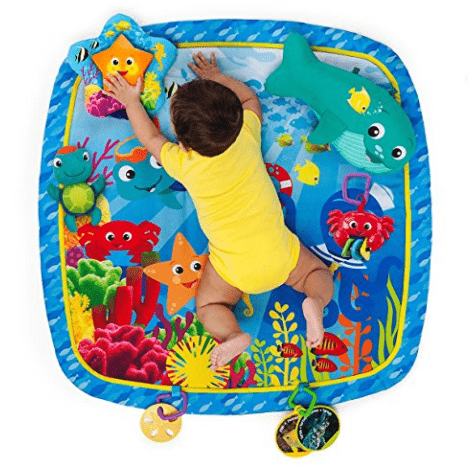Ever wondered if your dish sponge is doing more harm than good? It’s easy to overlook, but that little cleaning tool can harbor a surprising amount of bacteria. Choosing the best antibacterial dish sponge can make a world of difference in keeping your kitchen cleaner and healthier.
Importance of Antibacterial Dish Sponges
Using antibacterial dish sponges is essential for reducing kitchen bacteria buildup and ensuring a hygienic home.
Why Antibacterial Features Matter
Antibacterial features slow bacteria growth. Regular sponges promote bacteria due to constant moisture. Antibacterial sponges reduce kitchen odors and contamination risks.

Health Benefits of Using Antibacterial Sponges
Antibacterial sponges prevent pathogen spread. They’re safer, ensuring a healthier kitchen. These sponges reduce foodborne illness risks and improve overall home cleanliness.
Choosing the Best Antibacterial Dish Sponge
Selecting the best antibacterial dish sponge is vital for maintaining a clean kitchen. Focus on materials and effectiveness.
Materials and Durability
Choose sponges made from long-lasting materials. Silicone sponges last longer than traditional ones. Look for sponges treated with antimicrobial properties. Treated sponges resist bacteria better. Ensure the sponge withstands frequent use.
Effectiveness Against Bacteria
Opt for sponges that reduce bacteria by 99.9%. For example, celluloid and microfiber sponges often include silver ions, which kill bacteria. Verify if the sponge offers rapid drying. Dry sponges harbor fewer bacteria. Check reviews for real-world performance.
Top Antibacterial Dish Sponges Reviewed
Synthetic Sponges
Synthetic sponges offer durability and versatility. Check options like Scrub Daddy and O-Cedar Scrunge. Scrub Daddy features a unique texture that stiffens in cold water and softens in warm water. It’s resistant to food particles and odors. O-Cedar Scrunge has an anti-scratch surface perfect for delicate dishes. Both contain antimicrobial treatments to reduce bacteria growth.
Natural Fiber Sponges
Natural fiber sponges are eco-friendly and effective. Look for brands like Twist and Scotch-Brite. Twist Bamboo Sponges use renewable bamboo, offering a biodegradable solution. They stay absorbent and durable while resisting smells. Scotch-Brite Natural Fiber Non-Scratch Scrub Sponge combines natural fibers with a non-scratch surface. These sponges ensure cleanliness without harming the environment.
Care and Maintenance Tips
Proper Usage
Use your antibacterial dish sponge correctly by designating it for dishwashing only to avoid cross-contamination. Scrub in circular motions for effective cleaning, and rinse thoroughly after each use. Avoid using harsh chemicals that can degrade the sponge’s antibacterial properties.
Cleaning and Replacing Your Sponge
Clean your sponge daily by microwaving it for one minute or placing it in the dishwasher with a heated dry cycle. Replace your sponge every 1-2 weeks or when it starts to smell or show signs of wear. Proper maintenance ensures your sponge remains effective and hygienic.
Conclusion
Choosing the right antibacterial dish sponge can make a world of difference in keeping your kitchen clean and safe. With options like silicone, celluloid, and microfiber sponges, you’re sure to find one that suits your needs. Remember to maintain your sponge properly by cleaning it regularly and replacing it every 1-2 weeks. By doing so, you’ll ensure that your sponge remains effective and your kitchen stays hygienic. Happy dishwashing!









